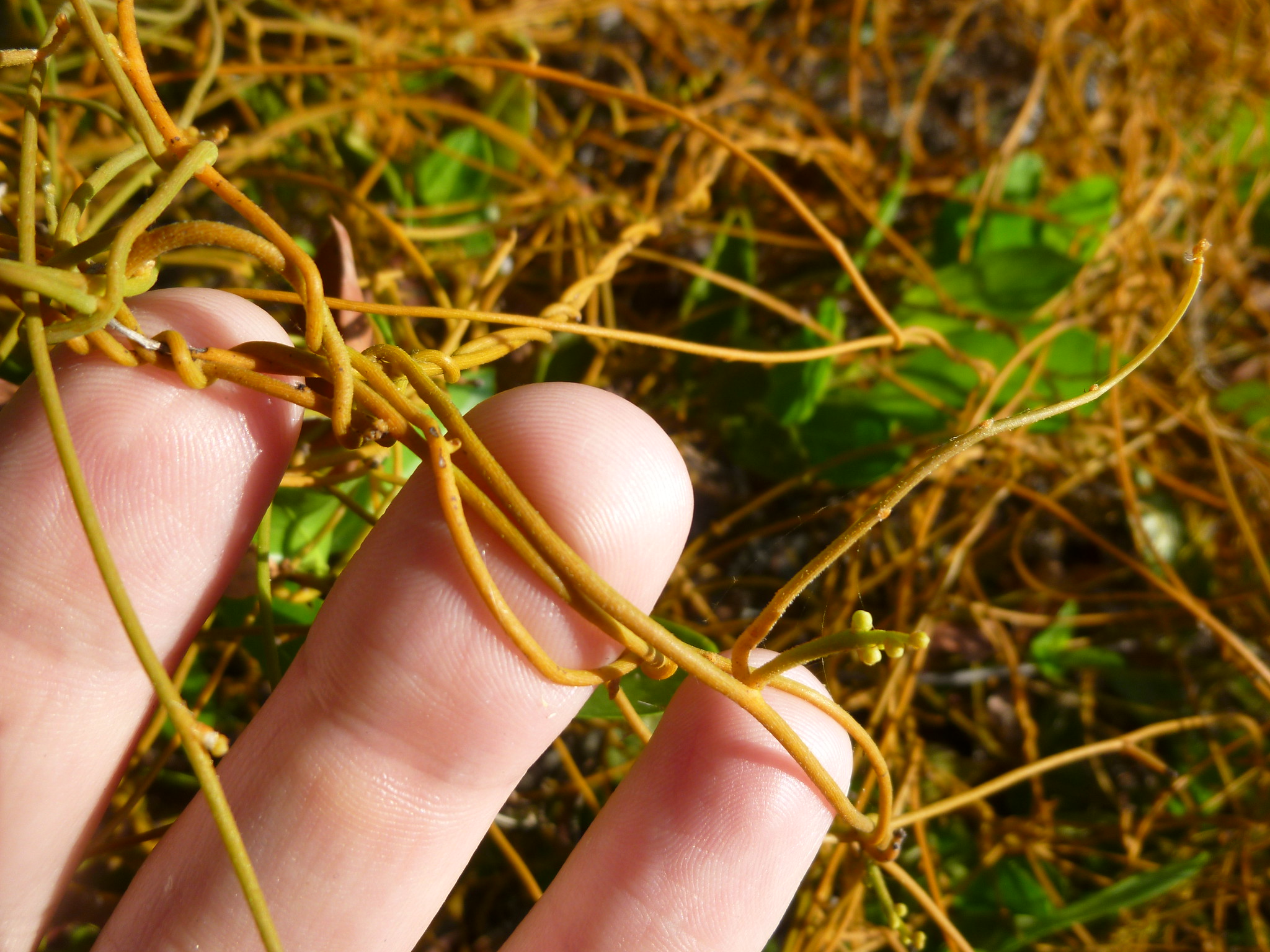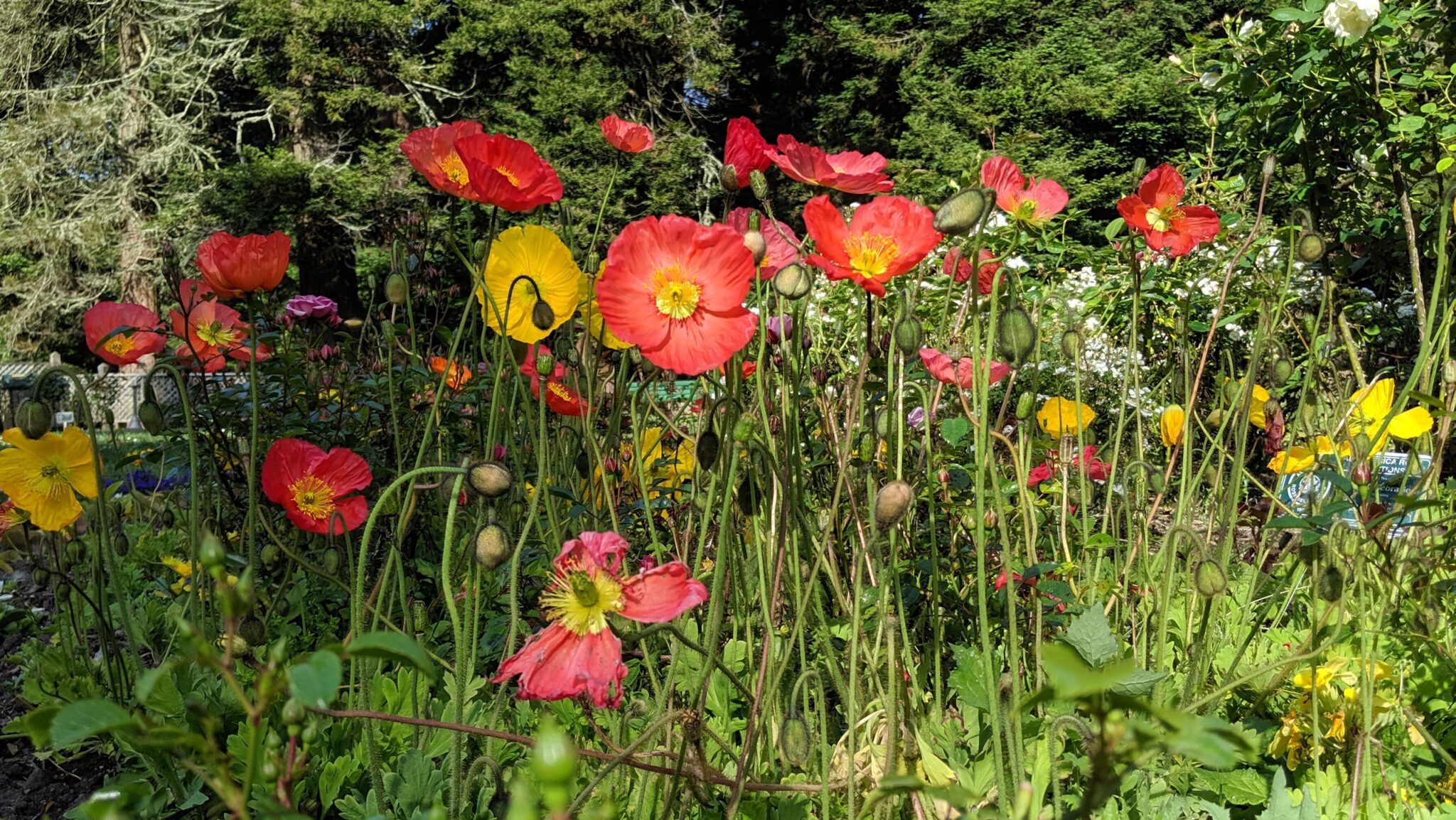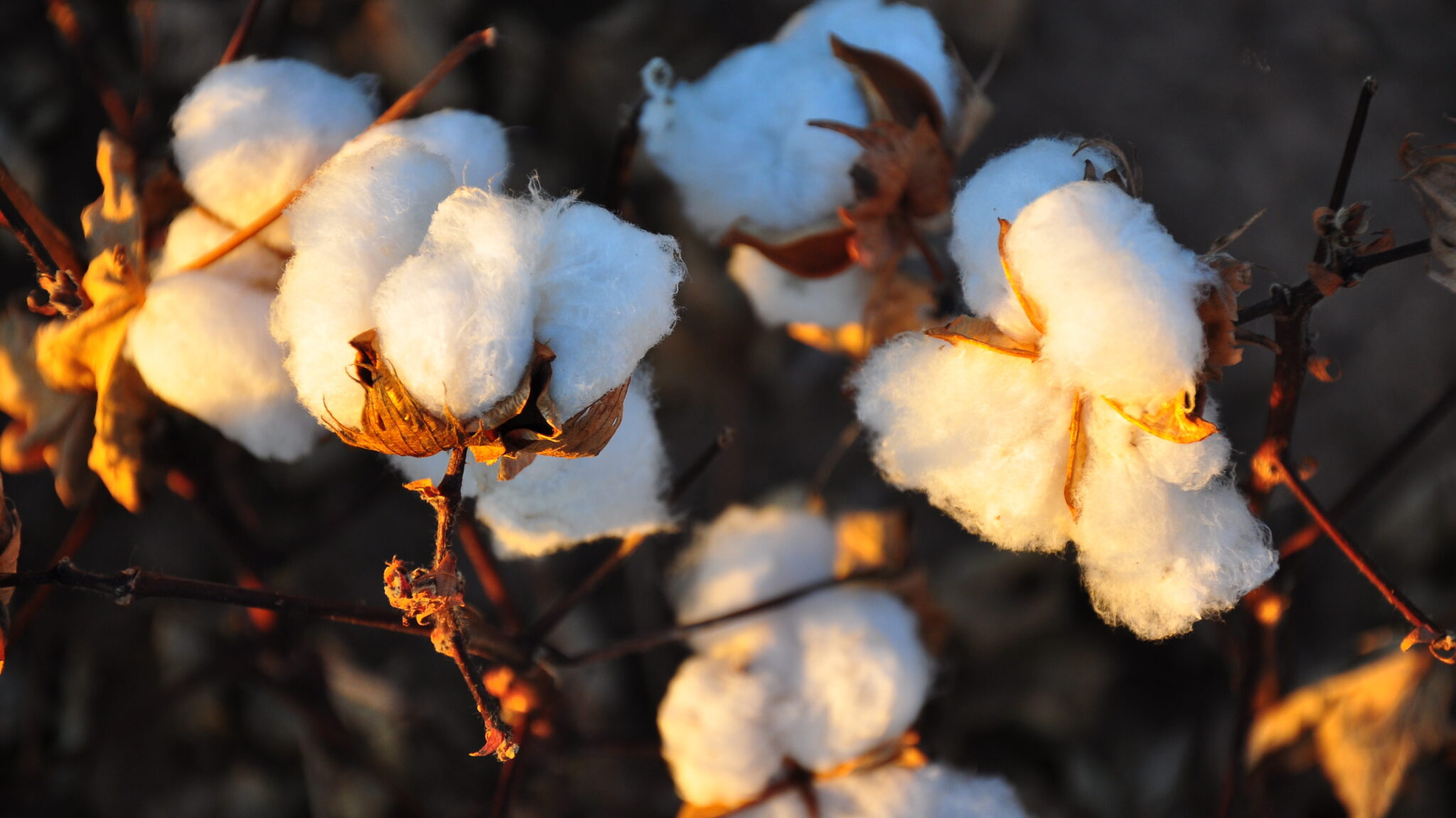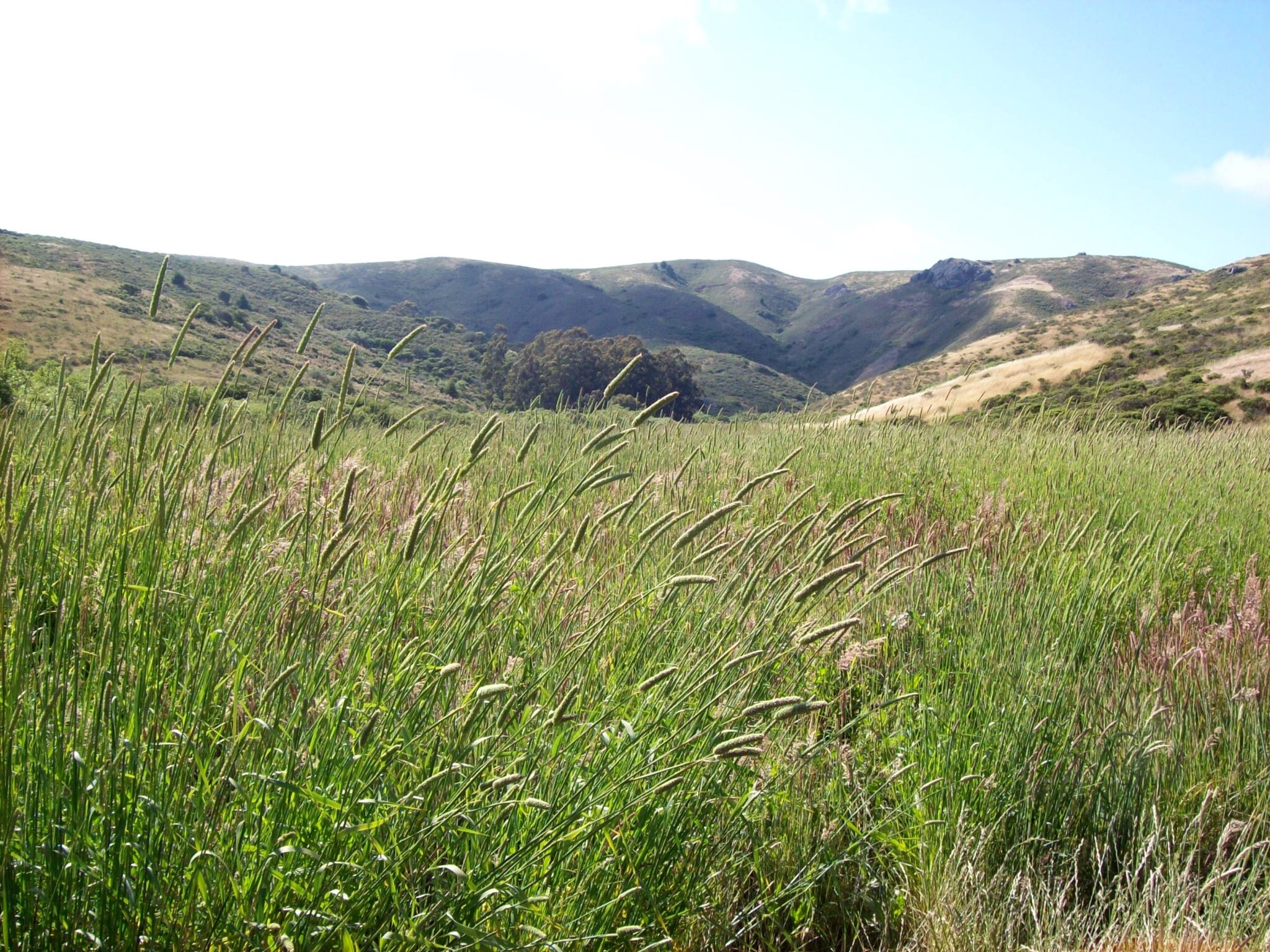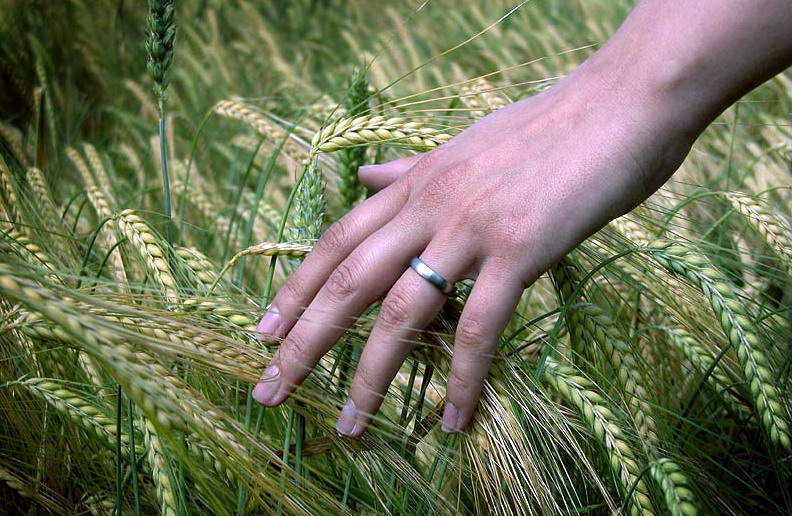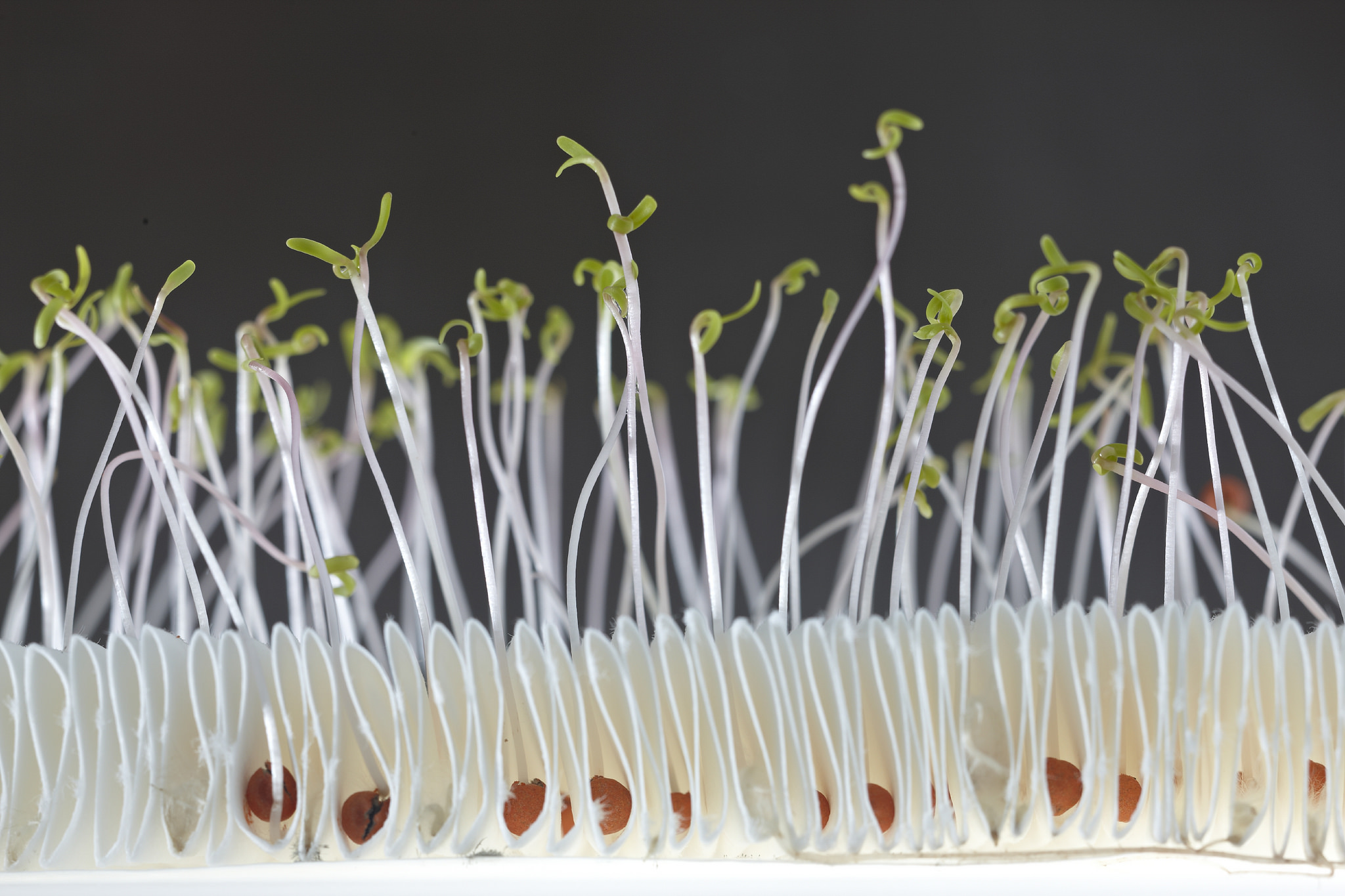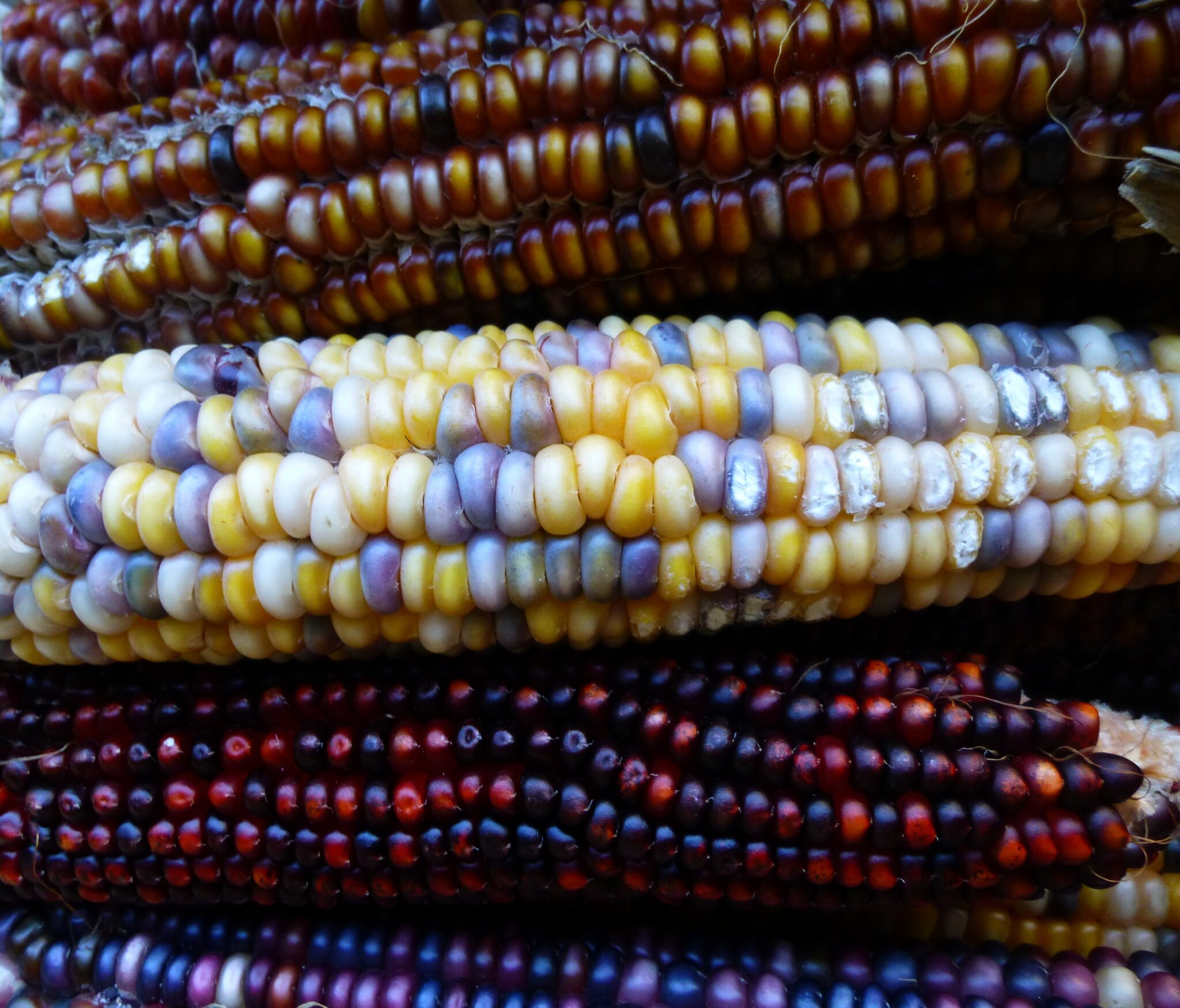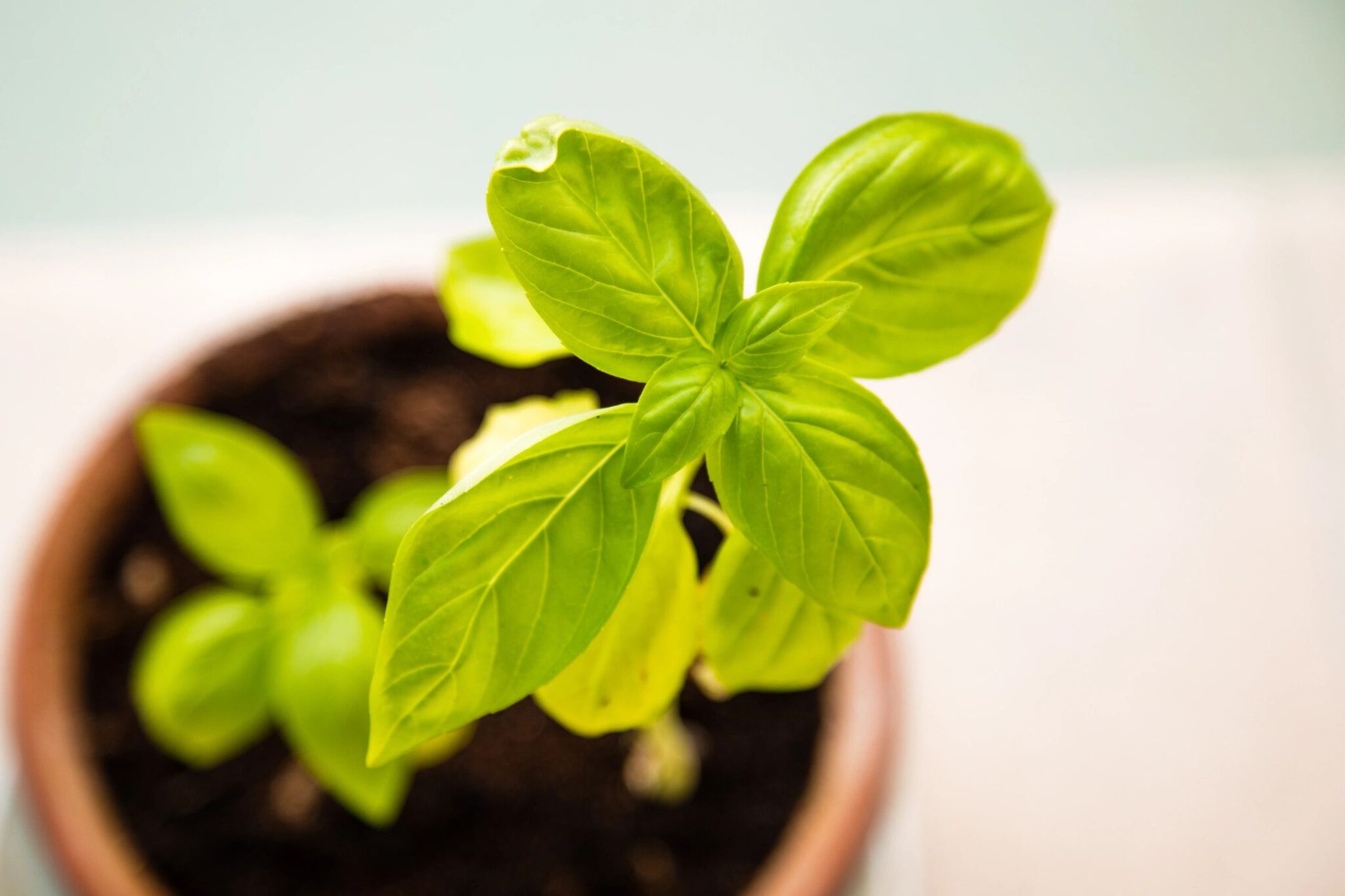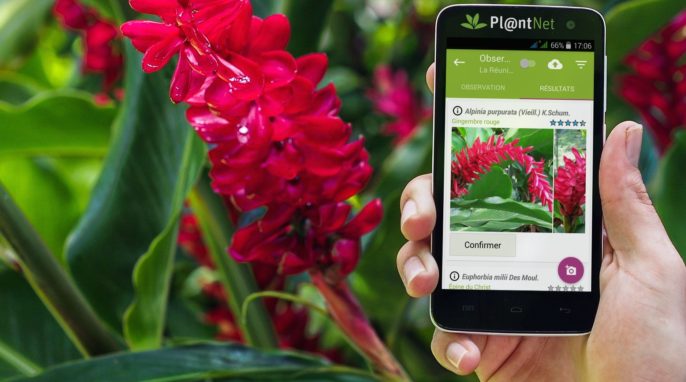Parasitic Plant Has Edge in Evolutionary Arms Race
By Cameron Duke (@DukeofCam) The relationship between a parasite and its host can be a contentious one. Their interests are in direct conflict with one another, so each is always trying to circumvent the other’s plan. This is often thought of as an evolutionary “arms race.” In this ongoing competition, a parasite evolves a more efficient way to prey on the host, and the host adapts in response. These successive adaptations can lead to complex life cycles and intimate species-specific relationships. New research out of Penn State, conducted by Michael…
Read More
